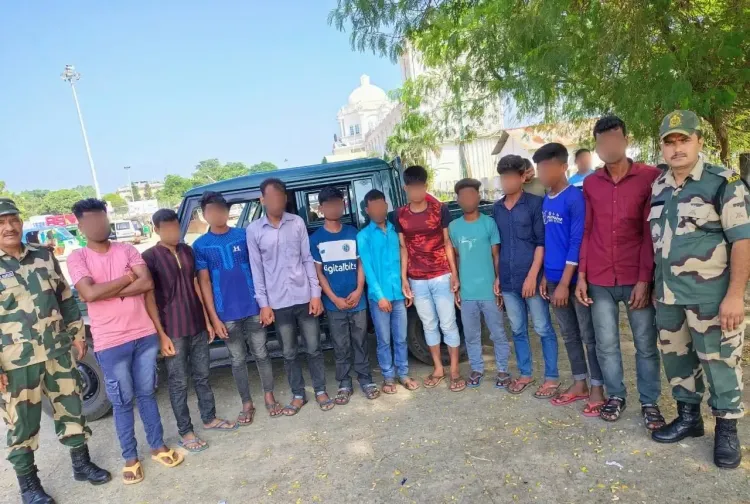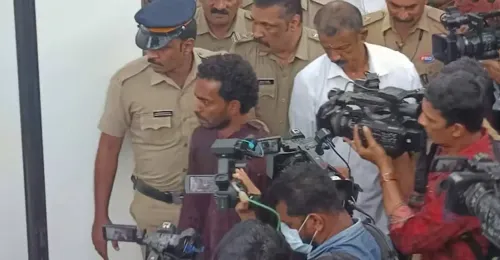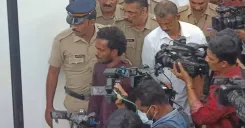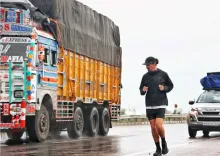Why Did the BSF Detain 10 Rohingyas Among 21 Illegal Migrants in Tripura?

Synopsis
Key Takeaways
- The BSF detained 21 illegal migrants in Tripura, highlighting ongoing border security challenges.
- Increased vigilance during the festive season is crucial for preventing human trafficking.
- Tripura's geographical vulnerabilities necessitate robust security measures.
- Fencing along the border has been largely implemented to deter illegal activities.
- The situation reflects broader regional tensions following political changes in Bangladesh.
Agartala, Oct 19 (NationPress) The Border Security Force (BSF) in Tripura conducted two distinct operations on Sunday, resulting in the detention of 11 Bangladeshi nationals and 10 Rohingya migrants, including five children, as reported by officials.
A BSF spokesperson noted that in light of increased security measures during the festive season, the BSF Tripura Frontier has enhanced its surveillance along the India–Bangladesh border.
In these coordinated operations, BSF personnel apprehended a total of 21 illegal migrants—comprising 11 Bangladeshi nationals and 10 Rohingya migrants—from various locations within Tripura.
Acting on precise intelligence, BSF teams identified suspicious movements at the Agartala Railway Station, where they found 11 individuals who had entered India unlawfully and were attempting to travel further by train.
In a separate mission in the northern district of Tripura, vigilant BSF operatives intercepted 10 Rohingya illegal migrants, including women and children, who were trying to cross into Bangladesh, the spokesperson added.
Initial questioning indicated that they had journeyed from Delhi and Jammu with intentions to reach Moulvibazar in Bangladesh via Tripura.
These incidents highlight the BSF's intensified vigilance and operational readiness to combat illegal infiltration, human trafficking, and cross-border crimes during this festive season, as noted by the official.
He added that the paramilitary forces have stepped up their monitoring and control along the International Border since violence erupted in Bangladesh in June-July of last year, particularly following the collapse of the former Prime Minister Sheikh Hasina's Awami League government on August 5, 2024.
Tripura, sharing an 856-km border with Bangladesh, is largely encircled by the neighboring nation, rendering the northeastern state susceptible to cross-border migration challenges and various border-related offenses.
With the exception of certain areas, most of the 856 km border has been fenced to deter smuggling, trans-border crimes, and illegal crossings by infiltrators and hostile elements.









